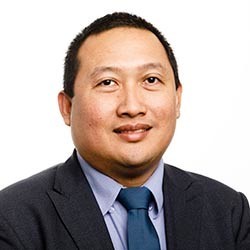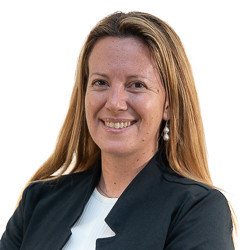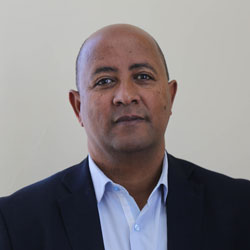Kiribati
The Context
Kiribati consists of 33 low-lying atolls distributed across an area of 3.6 million square kilometres of the Pacific Ocean. Kiribati is one of the most vulnerable Pacific Island countries. It has the lowest per capita income of all the Pacific islands and its population is dispersed across the 33 islands.
South Tarawa, the main atoll, is home to half the country’s population. Its demographic density is very high due to recent migration from the outer islands due to rising seas.
Life is becoming harder for the atoll’s 50,000 people owing to climate change, limited access to safe water, and malnutrition due to unreliable imported food supplies and poor, unhealthy diets.
The Strategy
For more than 30 years, IFAD has provided financing to help rural people in the Pacific improve their lives. In 2008 we expanded our collaboration with Kiribati by including several sites from the outer islands in a regional programme, Mainstreaming of Rural Development Innovations.
Our current strategy in Kiribati is centred on poverty reduction, food security, improved nutrition and resilience to climate change. IFAD-funded projects support initiatives to:
- attract new partners and additional financing to agriculture and rural development;
- provide beneficiaries with greater access to technology and knowledge from our partners in other regions;
- facilitate dialogue and joint initiatives in the agricultural sector.
IFAD has financed work on community planning and development in partnership with the Foundation of the Peoples of the Pacific Kiribati. More recently, through financing provided regionally with the Pacific Organic and Ethical Trade Community, IFAD has helped promote participatory certification of organic coconut oil and coconut sugar production.
IFAD activities address the most pressing challenges for rural people in production of local food crops, especially indigenous and traditional foods. These actions have the potential to aid farmers respond to both climate change and nutrition issues. Our projects raise rural incomes from farming and farm-related employment by investing in effective marketing and other steps along the value chain.
IFAD has also supported a number of regional initiatives. We have promoted the development of regional certification standards for organic agriculture through a consultative process; helped smallholder farmers gain access to high-value markets through organic certification; supported establishment of a Centre of Excellence for Atolls Agriculture in Kiribati to enhance natural resource management, productivity and technology transfer for agriculture; supported research and pro-poor policy dialogue on the impact of biofuels on sustainable livelihoods and food security; and helped establish a participatory process for community planning and development.
Country Facts
Almost half of the population (56 per cent) is rural as of 2015, and almost 25 per cent of the total population live below the poverty line.
IFAD’s support in Kiribati, a total of US$3 million, has directly benefitted more than 3,400 rural households.



